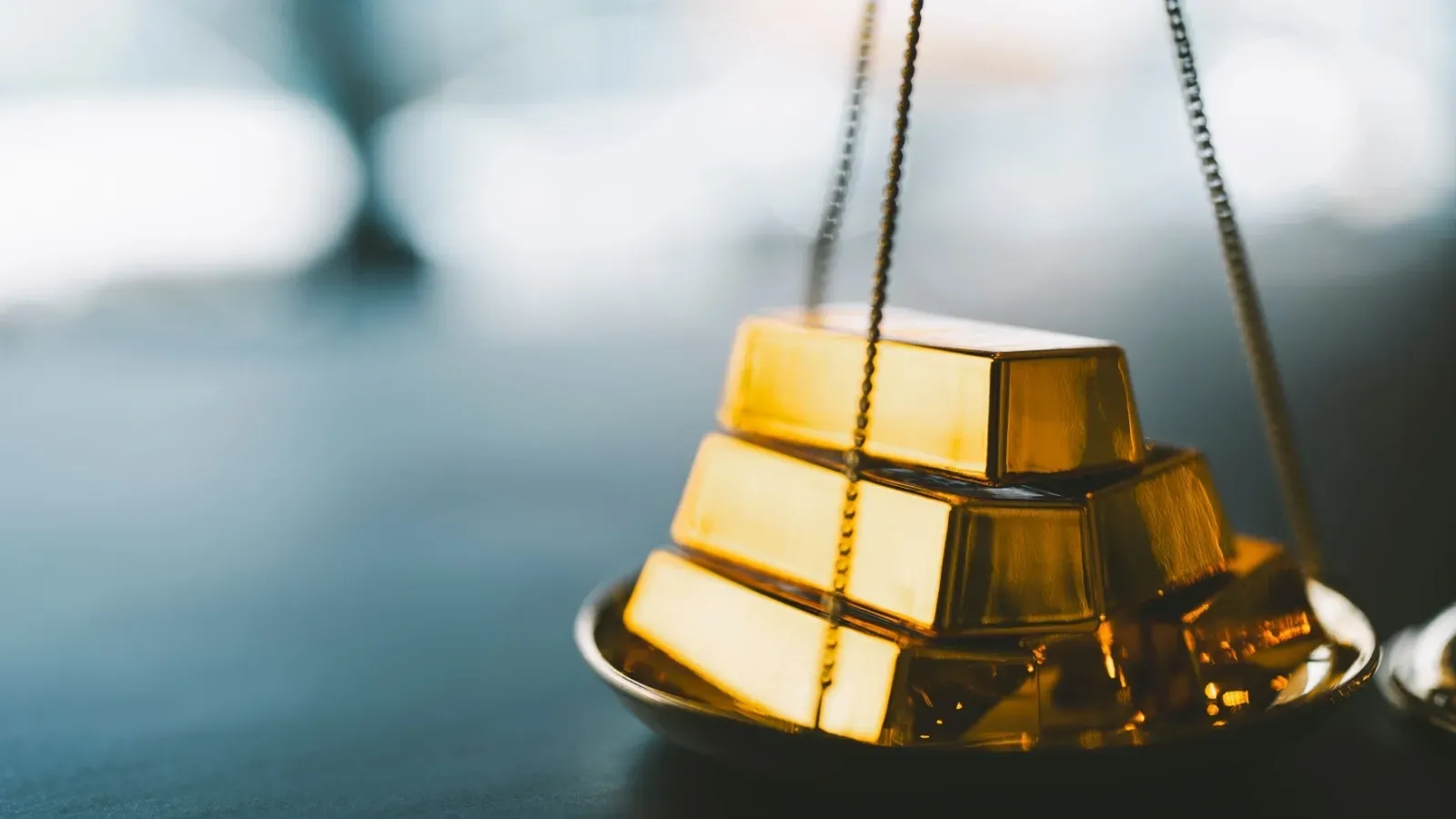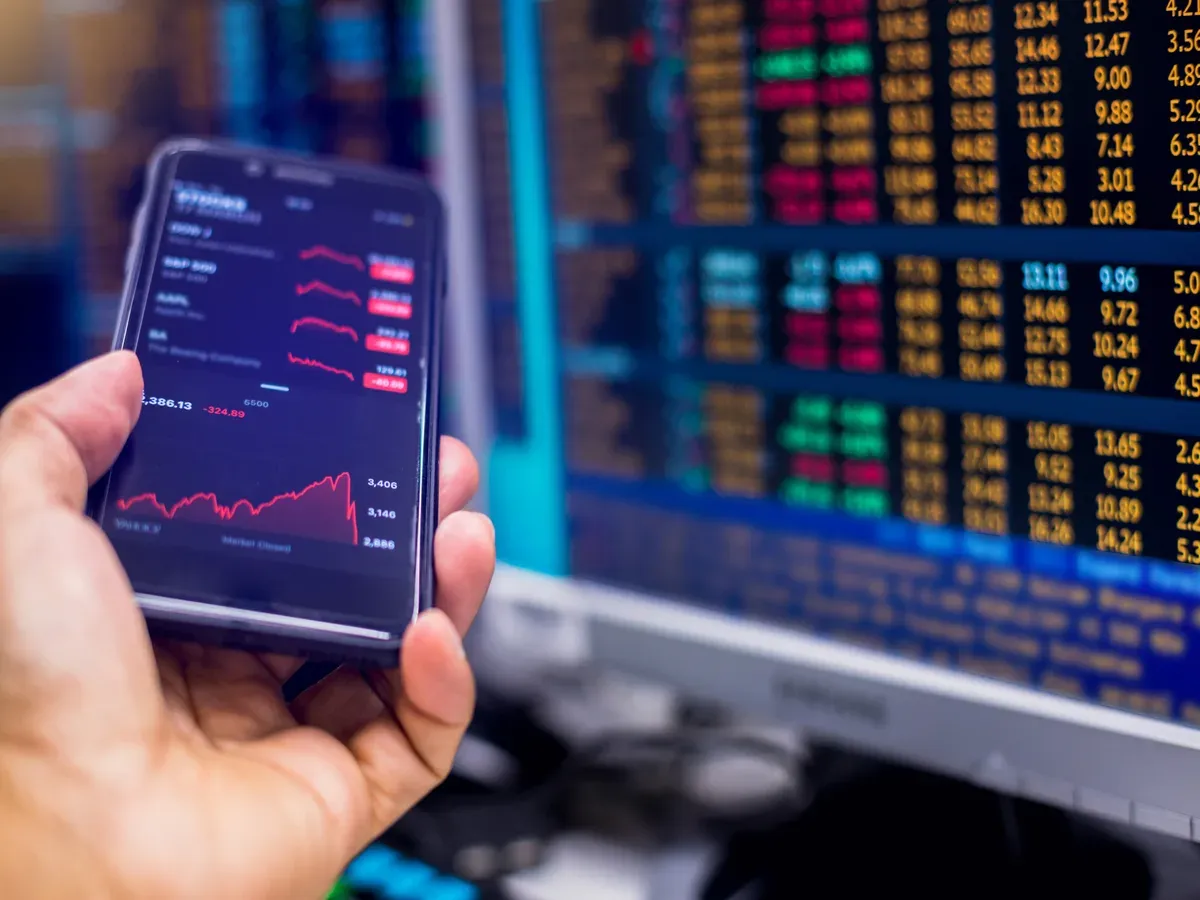How to Trade Gold in India
Written by Pradnya Surana
Published on November 25, 2025 | 4 min read

Why Gold Matters to Indians
For the world, gold may just be a precious, noble metal, a haven in commodity markets. But for Indians, it's been a tradition, security and wealth preservation all rolled into one. Gold is still a mainstay for household savings and many swear by it over any other financial instrument. And why should they not? Over the past decade, gold has delivered approximately 10-12% average annual returns in rupee terms. This means gold has outperformed traditional fixed deposits and matched equity market returns during volatile periods. In 2020 alone, when COVID-19 disrupted global markets, gold surged over 25%, rewarding those who held it as a safe haven.
Today, you don't need to visit a jeweller or store physical bars to invest in gold. New- age trading platforms allow you to participate in gold's price movements through various instruments which comply with all regulations and are controlled by regulatory boards.
Common Gold Investment options
Physical Gold
This is the gold Indians know best! Jewellery, coins and bars purchased from jewellers known through generations of the family. However, physical gold comes with making charges (8-25% of value), storage concerns, purity verification challenges. Moreover liquidity issues remain and given the emotional value, one does not easily liquidate jewellery.
Gold ETFs and Mutual Funds
Gold Exchange Traded Funds (ETFs) take gold prices as base and trade on stock exchanges like any other stocks. Gold mutual funds invest in these ETFs. Both options provide liquidity, transparency with no storage hassles. Just that they carry expense ratios (0.5-1%) that reduce returns over time.
However, all the above listed instruments require you to invest the value of underlying gold.
Gold Trading Beyond Investment
In gold trading, investors benefit from price movements without necessarily holding gold long-term. Lets understand gold futures and options.
Gold Futures
Gold futures are standardised contracts to buy or sell gold at a predetermined price on a specific future date. You are booking gold today for delivery next month, but with the flexibility to exit the contract before delivery.
How Gold Futures Work
On Multi Commodity Exchange (MCX), the primary platform for gold trading in India, gold futures contracts come in different sizes
| Contract Name | Quotation Unit | Lot Size |
|---|---|---|
| GOLD | Rs./10 grams | 1 kilogram |
| GOLDM | Rs./10 grams | 100 grams |
| GOLDTEN | Rs./10 grams | 10 grams |
| GOLDGUINEA | Rs./8 grams | 8 grams |
| GOLDPETAL | Rs./gram | 1 gram |
Suppose gold trades at Rs.1,20,000 per 10 grams. You believe it will rise to Rs.1,22,000 in the coming month. Instead of buying physical gold worth lakhs, you can buy a gold futures contract by paying only margin (usually 4-6% of contract value). If gold prices rise as you anticipated, you profit from the Rs.2,000 difference multiplied by your contract size. But, if it falls, you incur losses similarly!
Important considerations,
- Leverage multiplies both gains and losses
- Daily mark-to-market means profits/losses are settled daily
- Contracts expire monthly. So you have to roll over or square off (sell) positions
- Requires active monitoring during volatile periods
Gold Options
Gold options give you the right (not obligation) to buy or sell gold at a specific price before contract expiry. You pay a premium for this right, which is your maximum loss if market movements don’t favour you.
- Call Options - Right to buy gold at a fixed price (useful when you expect prices to rise)
- Put Options - Right to sell gold at a fixed price (useful when you expect prices to fall)
For example, if gold trades at Rs. 1,20,000 per 10 grams and you buy a call option with a strike price of Rs. 1,21,000 by paying a Rs. 1000 premium, you profit if gold crosses Rs.1,22,000 (strike + premium). If gold stays below Rs. 1,21,00, you lose only the Rs.1000 premium.
Factors to be considered for Gold Trading
Gold prices respond to several triggers that traders should monitor,
- Global factors like US dollar strength, US Federal Reserve policy, Geo political dynamics, global inflation data etc
- Domestic factors like rupee-dollar exchange rate, wedding and festival seasons, Import duty changes, monsoon performance etc
- Technical factors like support and resistance levels, moving averages and volume patterns
- Liquidity is highest in the nearest month contracts and smaller contract sizes often have lower liquidity than main future contracts like GOLD and GOLDM.
Risk management in gold trading
When it comes to leverage trading in gold, underline these risk management techniques in your mind,
Never risk more than 2-3% of capital on a single trade
If you have Rs.1 lakh, your maximum loss per trade should be Rs.2,000-3,000.
Use Stop-losses Religiously
Emotional trading and hope for reversals can be catastrophic.
Avoid Excessive Leverage
Just because you can hold Rs.5 lakhs with Rs.25,000 doesn't mean you should. Markets can move against you rapidly.
Diversify Across Time Frames
Do not put all capital in short-term trades. Invest by mixing intraday, swing (few days) and position (few weeks) trades.
Happy gold investing!
About Author
Pradnya Surana
Sub-Editor
is an engineering and management graduate with 12 years of experience in India’s leading banks. With a natural flair for writing and a passion for all things finance, she reinvented herself as a financial writer. Her work reflects her ability to view the industry from both sides of the table, the financial service provider and the consumer. Experience in fast paced consumer facing roles adds depth, clarity and relevance to her writing.
Read more from PradnyaUpstox is a leading Indian financial services company that offers online trading and investment services in stocks, commodities, currencies, mutual funds, and more. Founded in 2009 and headquartered in Mumbai, Upstox is backed by prominent investors including Ratan Tata, Tiger Global, and Kalaari Capital. It operates under RKSV Securities and is registered with SEBI, NSE, BSE, and other regulatory bodies, ensuring secure and compliant trading experiences.

























